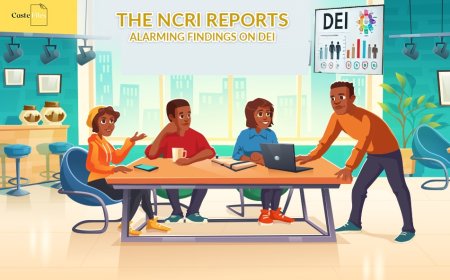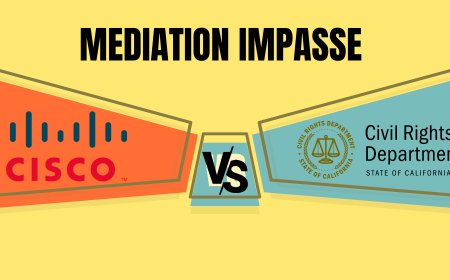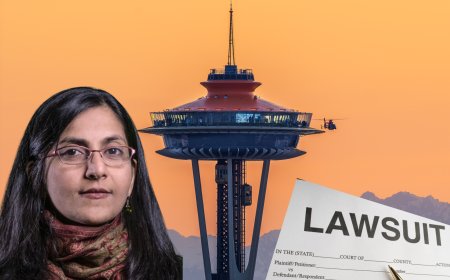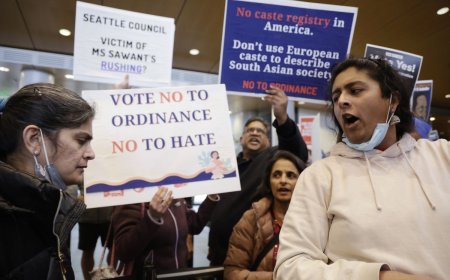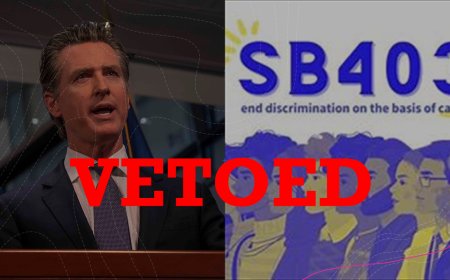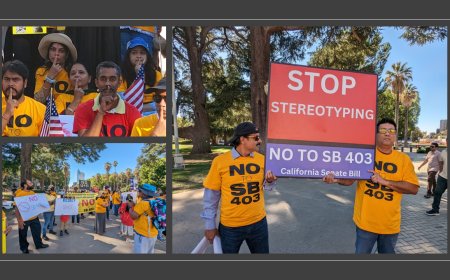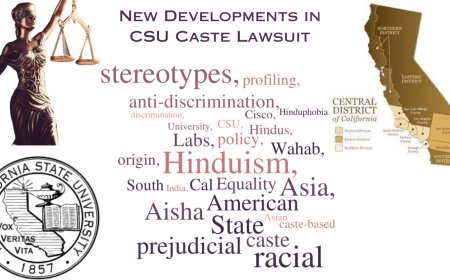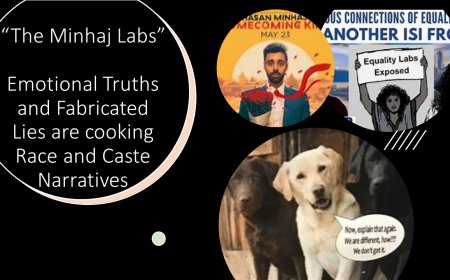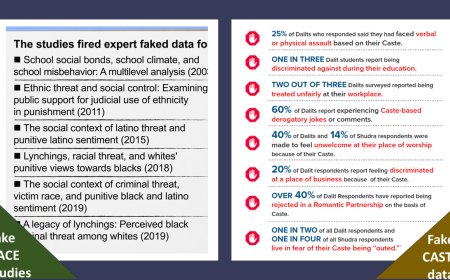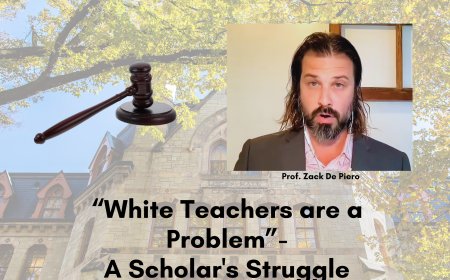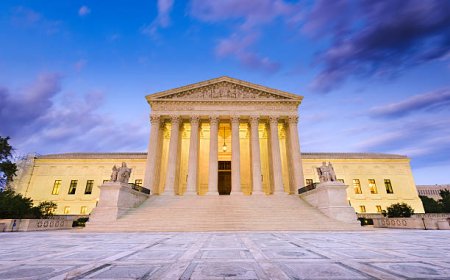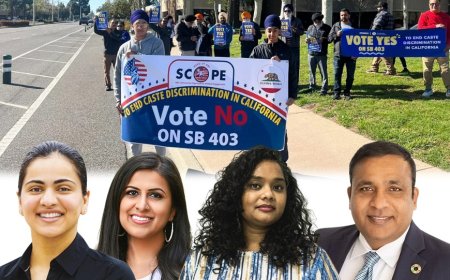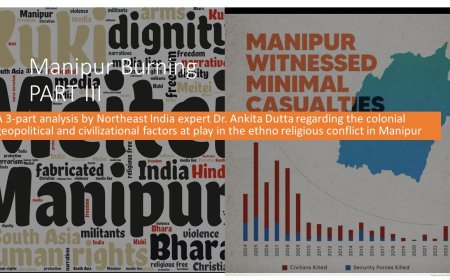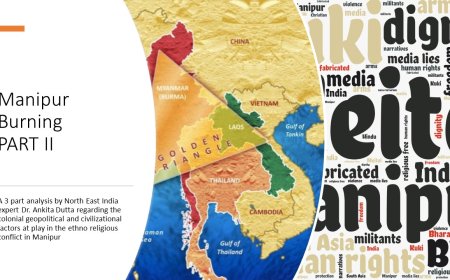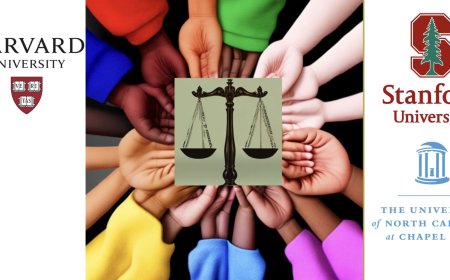In the hallowed halls of Pennsylvania State University, an unsettling saga of discrimination, resilience, and justice unfolds. Zack De Piero, a brilliant mind armed with a PhD, embarked on a noble journey in August 2018, as an English writing professor aiming to impart the power of English writing to eager minds at the university’s Abington campus. Little did he know that his own battle against prejudice and unequal treatment would become an emblematic tale of our times.
As fall approached, Professor De Piero's tenure at Penn State commenced. With a heart full of hope and dedication, he looked forward to nurturing the diverse student body that graced his classrooms. Yet, like a dark cloud casting shadows over his vision, he observed an alarming focus on race-essentialism right from the outset. This focus, seemingly rooted in a commitment to anti-racist education, was poised to ensnare him and his pedagogical principles.
A majority of his students hailed from backgrounds enriched with the vibrant tapestry of ethnicities and minority identities. It was their potential and dreams that spurred him into action against a curriculum that seemed poised to alienate and marginalize. Professor De Piero saw a threat in the very methods designed to fight discrimination, a paradox that troubled his scholarly conscience.
Institutional commitment to inclusivity is a noble aspiration, but when its application veers into essentialism, the very essence of equality is compromised. Professor De Piero recognized this perilous path, where the very students he sought to empower could be left with a warped perspective, seeing their identities reduced to predefined molds; a far cry from their own beliefs and self-identification. Alarmed by this potential harm, he stepped up, determined to redirect the course, and rekindle the true spirit of anti-racism in education.
Professional development meetings were convened, where educators like Professor De Piero were subjected to disconcerting materials. De Piero was required to attend professional development meetings and view videos titled "White Teachers Are a Problem" which greeted his eyes, igniting a conflict within him—a conflict that festered in the chasm between his principles and the institution's intentions. He was directed to “assure that all students see that white supremacy manifests itself in language and in writing pedagogy.” This echoed through his mind, a dissonance that grew louder with each passing moment. Incidents like these made it clear that Penn State harbored a bias against him based on his skin color.
In an act of bravery that mirrored his dedication to education, Professor De Piero filed a bias report, putting forth his concerns and raising his voice against an education system that seemed poised to perpetuate its own biases. The response that followed was chillingly indicative of the ordeal that awaited him. The Penn State Affirmative Action Office quickly summoned Professor De Piero into a virtual Zoom meeting where its Associate Director informed him that, “There is a problem with the White race” then directed him to continue attending antiracist workshops “until you get it.” Professor De Piero came face to face with the disheartening reality that the very institution he had committed to serve harbored a perspective that saw "a problem with the White race."
In that somber virtual room, his sense of justice collided with the bleak realization that his skin color had become the focal point of this troubling narrative. This carried the weight of not just a directive but a verdict on his identity. It was as if he was being mandated to correct an inherent flaw, a grievous injustice that threatened to eclipse the brilliance of his accomplishments and the depth of his humanity.
As the seasons changed, so did Professor De Piero's circumstances. The classroom he had so lovingly crafted, the students he had passionately mentored, all became victims of an environment that rendered his professional pursuits untenable. It became impossible for Professor De Piero to effectively perform his job duties. In the August of 2021, with a heavy heart, he left behind a job that had been a beacon of purpose and a community he held dear.
Legal Action
But Professor De Piero's journey doesn't end here. Professor De Piero has now filed suit against Penn State in federal court, alleging violations of his civil rights under federal and Pennsylvania law. In the hallowed chambers of federal court, his voice resonates with the power of principle and the urgency of justice. In a lawsuit that transcends personal grievances, he asserts that his civil rights, rooted in federal and Pennsylvania law, have been violated.
In his quest for justice, Professor De Piero is fortified by the legal prowess of FAIR Network Attorneys Michael Allen and Samantha Harris from Allen Harris Law. Their presence, like a bulwark against the tempest of injustice, symbolizes the resilience of a scholar who dares to confront inequality and discrimination head-on.
Implications for Caste in California
With a spate of Caste Resolutions and Policy statements at universities, professors can soon start expecting similar trainings on “Caste” given that the narrative has been steadily inserted regarding “Upper and Dominant Caste” and colonial terms like “Dalit and Adivasi”. California and Seattle are facing lawsuits fighting caste in universities. Please see Kumar v. Koester, No. 2:22-cv-07550-RGK-MAA, 2023 U.S. Dist. LEXIS 132566 (C.D. Cal. July 25, 2023).
An obviously unlawful decision by the UC San Diego Ethnic Studies Department blatantly announces an intent of admitting and hiring people based on their race, religion, and caste by explicitly stating: “Attending to the complexities of race, caste, and religion, we intend to recruit Dalit and Muslim faculty and students in the coming years. We will also work with Dalit faculty member(s) and allies across the campus to have caste included in the anti-discrimination policy of UC San Diego as part of the much-needed anti-caste organizing on campuses in North America.”
Crossroads of Diversity
Penn State University stands at crossroads, as much as California State. The story of Professor Zack De Piero is not just a personal struggle but a parable of our times, one that underscores the fine line between advocacy and essentialism, between anti-racism and discrimination. In the crucible of litigation, the outcome will reverberate far beyond the ivy-clad walls, resonating in classrooms and institutions across the nation, shaping the contours of education and equality for generations to come.
Follow Caste Files on Twitter @CasteFiles




